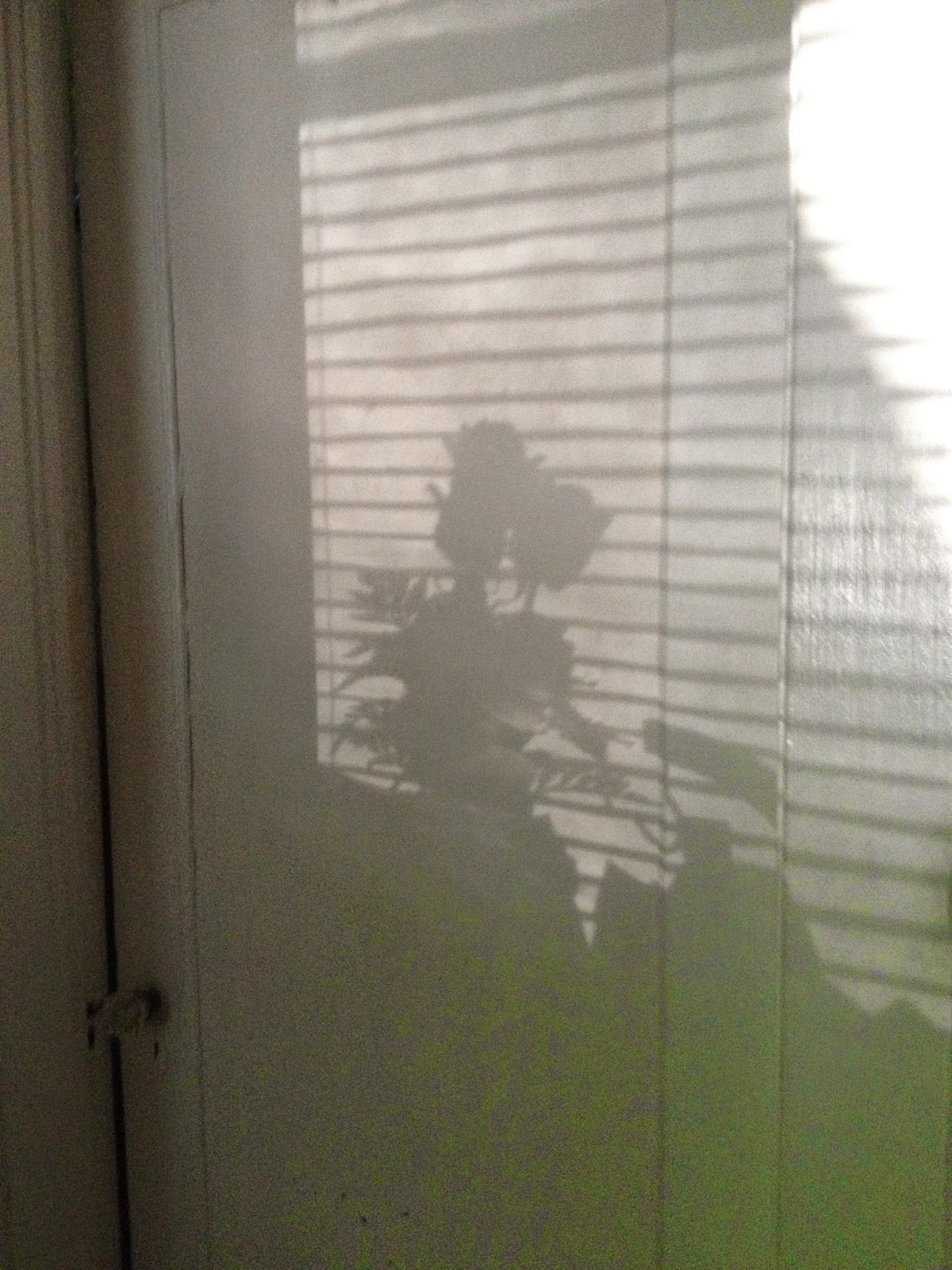Writing a whole novel is difficult. I've finished five and am nearly done with six. Seven is almost half-way there. A friend who is a successful writer says, "Write 100,000 words, and throw them away. Then you're a writer."
Personally, I passed that benchmark long ago, maybe even before the invention of computers to mock me with the fact. But you kind of get used to being out of sight. Consider the invisible man.
In the nineteenth century, it seems, publishers were starved for material. They would publish anything relatively good, just by dint of it being finished. Today publishers are obese and lazy. Prone to overlook really excellent writing, because it doesn't bring in enough free lunches.
Writing novels, in my experience, means spending hundreds and hundreds of hours going over and re-going over story lines for inconsistency, begging muses to sleep with you, and awaking even more frustrated than you fell asleep. Those who belittle the craft have never tried it.
Jack London famously said that you had to pursue inspiration with a cudgel. I wonder if Jack London worked a job that kept him in the office from six a.m. to seven p.m. Monday through Friday? I carry my cudgel with me, just in case.
I have a friend who works in New York City. He tells me that it is a city full of invisible men and women. Maybe 8 million people can ignore one another. What about the 24 million of Shanghai?
A while back I queried an agent about my last finished novel. I had an auto-response and have heard not a peep since. You can’t seem to get anywhere in the writing world without an agent. Even to agents, however, you can be invisible.
I can’t count the number of hours I’ve spent writing. Apart from that which is necessary for work, I suspect the greatest part of my waking hours have been spent behind either the paper or the keyboard. And someday I hope that the first door will crack open, that first novel appear.
First novels are like the breach in a dike. Once the water gets through, there’s no putting it back. Let it wash away the 100,000 words. If nothing else, a catastrophic flood is incapable of being ignored.

Comments
Post a Comment